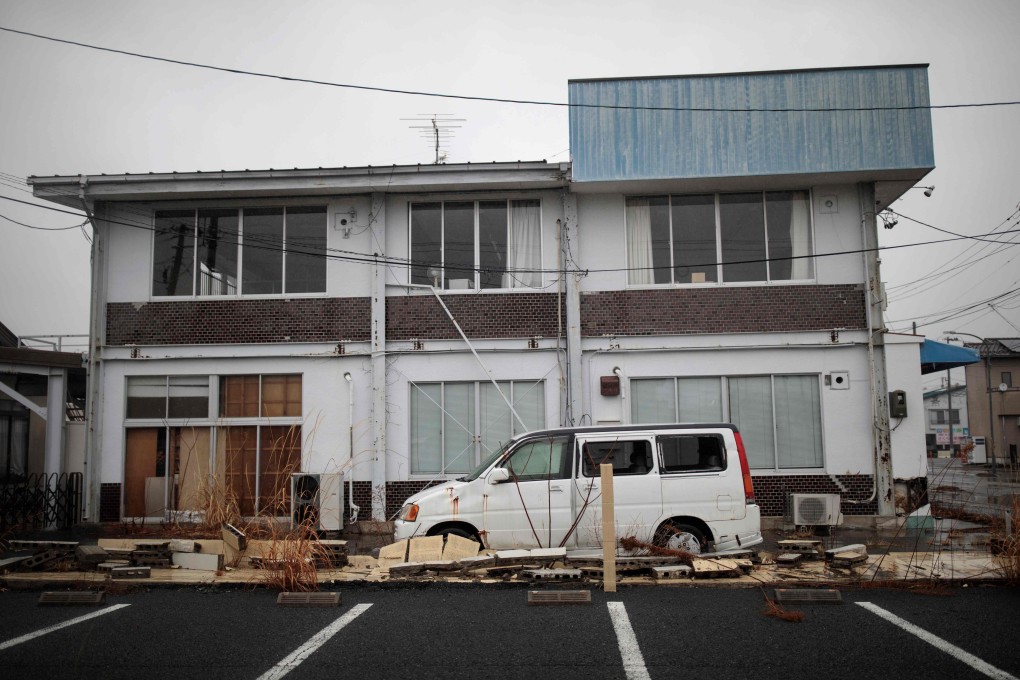Most evacuees under 50 from three Fukushima towns have no plans to return
- Regardless of their age, nearly half the residents of two of the towns said they would never go back

Many former residents of the towns of Futaba, Namie and Tomioka say they have established new lives elsewhere and that the places they moved to are more convenient.
The three towns were subject to government evacuation orders in the wake of the crisis at the Fukushima Daiichi nuclear power plant, which was triggered by a magnitude 9.0 earthquake and ensuing tsunami.
The orders for Namie and Tomioka were partially lifted in 2017. But more than 60 per cent of evacuees from the two towns in their 20s and 30s and more than 50 per cent in their 40s said they would not return, with other major reasons cited including concerns over the lack of medical and commercial facilities.
Regardless of age group, 49.9 per cent of Namie residents and 48.1 per cent of Tomioka residents said they would not return.
In Futaba, which hosts part of the crippled nuclear plant and remains a no-go area, similar proportions of those in the 20s, 30s and 40s said they would not return, but the figure regardless of age group stood at 61.5 per cent.
The survey, conducted between August and November last year in cooperation with the Reconstruction Agency and Fukushima Prefecture, suggests a grim outlook for the three towns as they struggle to rebuild and attract younger people.